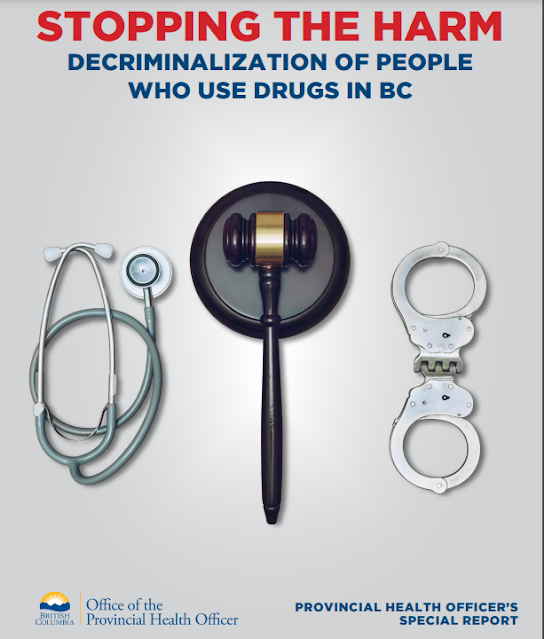Yesterday's post was about medical aid in dying (MAID) in Switzerland, and the decision of a courageous scientist. Below are some excerpts from a story in the Guardian about how MAID looks from a Canadian doctor's point of view.
‘We’re going to talk about death today – your death’: a doctor on what it’s like to end a life rather than extend one. I used to focus on maternity and newborn care, but when Canada legalised assisted dying in 2016, I began helping people with a different transition By Dr Stefanie Green
"I get down to the essentials. “Why do you want to die?”
"Harvey smirks. “I don’t! I’d rather live. I’ve had a great life. But it seems I no longer have much say in the matter.”
...
“I’ve got great friends, great kids, we’re blessed with family all around us. I know I’m lucky. I’ve been married to this gal here for 52 years … ” He trails off, holds Norma’s hand, shakes it at me a bit and swallows some emotion before continuing. “I really wanted to make it to 52 years, and I did.” He’s quieter now, his energy already drained. “Now I’m ready.”
"Harvey is straightforward with me. He knows he is dying, that it will not be long, but he wants to control the how and the when.
“I want Norma and the kids with me at the end,” he says with a flash of spirit, “here, in my home, in my own bedroom … I want to do it my way. I want to have my friends over this weekend, have one last bash, maybe even sneak a sip of a beer.” He smiles at the thought. “I’ve seen friends linger on at the end … in bed … out of their minds. I’m not interested in putting myself or my family through that.”
"Harvey ticks every box of eligibility. He is capable of making his own decisions, he is making a voluntary request, and he has a grievous and irremediable condition. He will need to sign an official request form, and Norma assures me it will be completed by the end of the day, witnessed by two independent people. After that, a mandatory 10-day reflective period can begin. The law also requires a second clinical opinion, so I will call a local colleague to see if he is available.
"The next few days are busy. As is expected with his liver failure, Harvey continues to decline cognitively. If he declines too much, too quickly, he won’t be able to give his final consent immediately before the procedure, which is required. Because the second doctor and I agree this risk is imminent, we are allowed to shorten the waiting period. Harvey chooses a date three days out."






